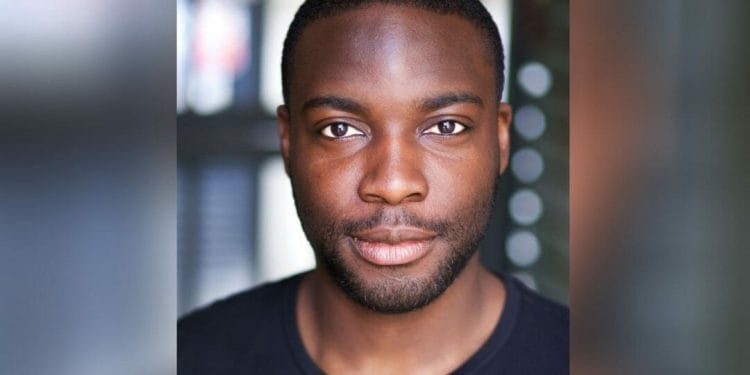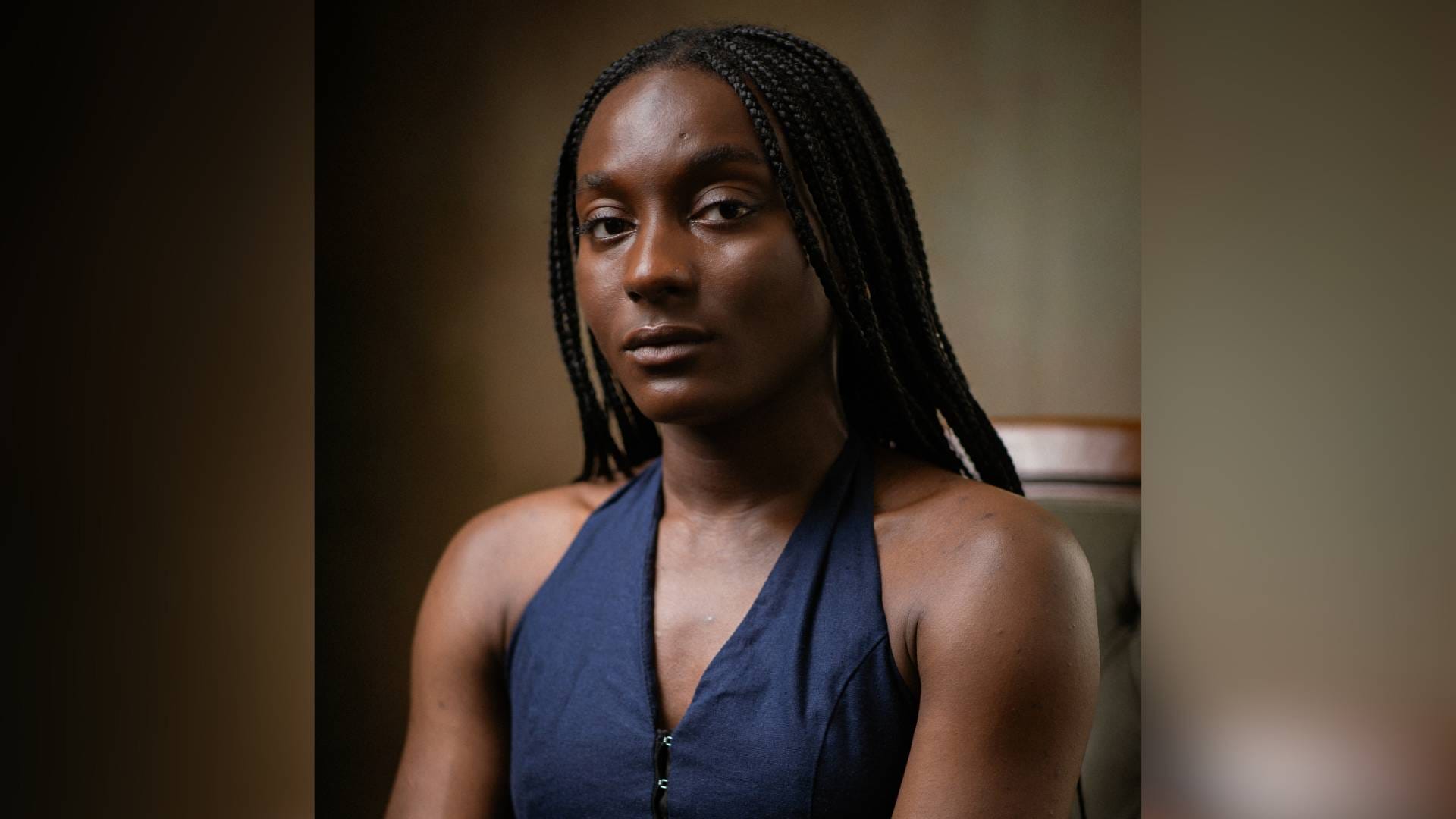Daniel Ward has been announced as the winner of the 51st George Devine Award for his debut play The Canary and the Crow, picking up a prize of £15,000.
The Canary and the Crow is the coming of age story of a working-class black kid accepted to a prestigious grammar school. The script blends grime, hip-hop and classical music to tell the story of a young person’s search for belonging in a divided society. With Daniel Ward playing the central role of The Bird, the play was performed at the Brighton and Edinburgh Festivals, and ran at the Arcola Theatre in Dalston at the start of 2020. The UK tour was cancelled following the closure of theatres due to the Covid-19 pandemic.
Commenting on the judging panel’s decision, Charlene James said: ‘The shortlist was extremely strong and we would like to once again congratulate all the shortlisted playwrights. In the end, we on the panel were all won over by Daniel Ward’s script for its dynamic fusion of theatre, spoken word and grime, creating a playful and compassionate exploration of the journey at its heart. The play is so confidently itself from beginning to end, which makes it both joyous to read and incredibly moving.’
Commenting on receiving the award, Daniel Ward said: ‘To sum up what it means to win this award is so, so difficult. I am honoured, delighted, humbled and feel incredibly unworthy to have my name sit alongside the prestigious list of previous George Devine winners. I am thankful to everyone that has contributed to the creation of this piece, too numerous to mention, so please excuse me for not going into an expansive list. Please know that I hold everyone in my heart.
In a year when the arts and theatre has faced such turmoil, I am thankful to the artists who continue to bring such creativity, light and inspiration to the world. I pray that light continues to shine into next year and beyond. There are writers who made the shortlist for the George Devine award who have personally inspired me, so thank you.
I am a black man. The Canary and the Crow is a story that centres the lived experience of a black man. In 2020 what that means has taken on much greater significance. I wrote this play to highlight the often difficult to articulate experiences of black people navigating society. When it was staged the response was far more positive than I could have ever imagined, but what was particularly special was the black and brown people who approached me, telling me how much it resonated with them and thanking me for championing their stories. Honestly, I felt that was reward enough. The George Devine award is a very welcome, but very unexpected bonus.
I humbly accept this award not only for myself but also on behalf of those black and brown people who have been often overlooked and undervalued.
Simply put winning this award, in this year, for this story means everything.’

















